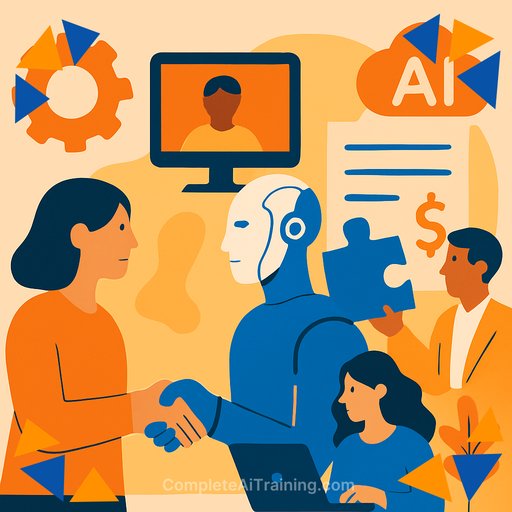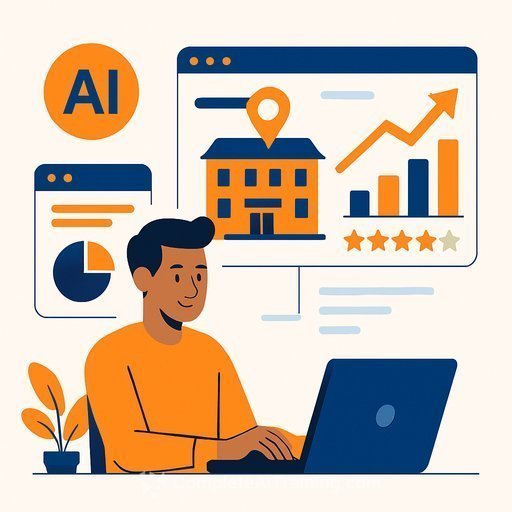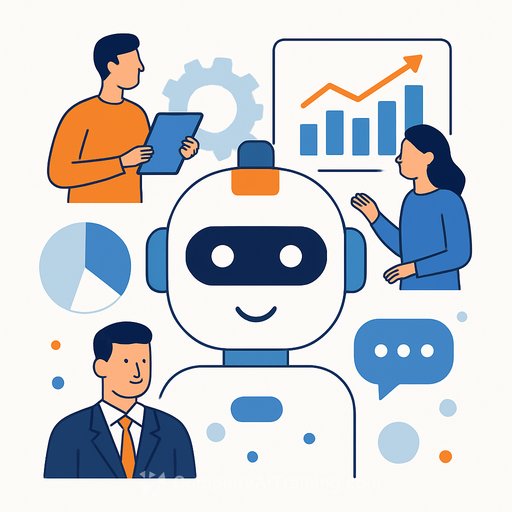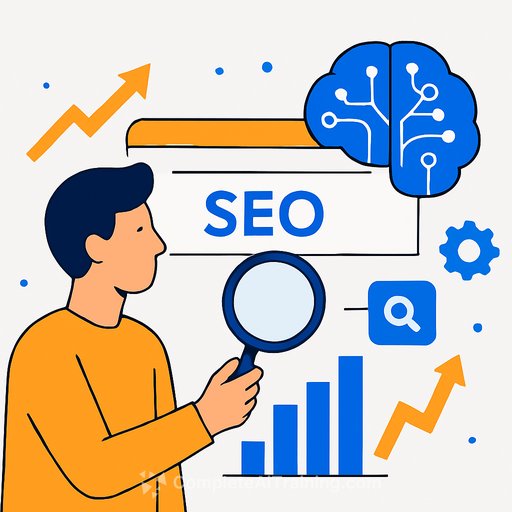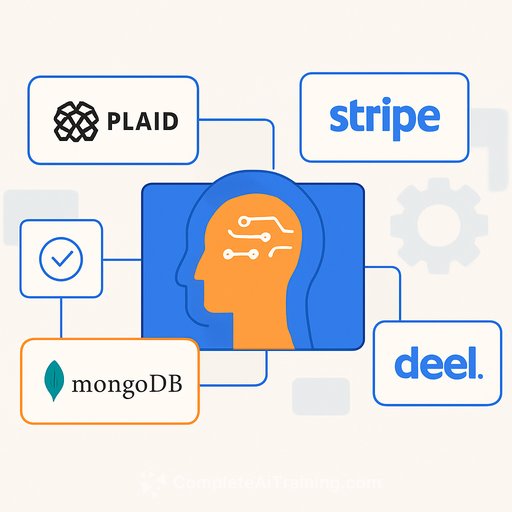Agencies Creating Their Own AI Services: The New Dynamics of Client Interaction
Agencies are increasingly developing custom AI products, but how and when they bill clients for these services remains unclear. Many AI tools are still being refined and may not yet be fully ready for client use.
Using AI internally to speed up workflows or respond to briefs is now a basic expectation, not an extra charge. Clients anticipate cost savings from these efficiencies. Evan Kraus, president and COO at APCO Worldwide, notes that AI is "part of the cost of doing business now." APCO uses generative AI tools like Midjourney to produce multiple creative concepts quickly, allowing clients to see fully formed options early on. This approach can surface riskier or harder-to-visualize ideas that might otherwise be cut, potentially leading to better client outcomes.
While AI is integral to APCO's processes, it is not separately billed when used for tasks like drafting speeches or visuals. Kraus explains, "These are just part of the tech stack we access to be better at our jobs." However, APCO does charge clients for its own AI platform, Margy, which launched in late 2023. Margy is trained on APCO’s internal knowledge and can be customized to align with a client’s business priorities, risk profile, and R&D focus. This customization and ongoing application is billable. Margy supports collaborative advisory conversations by providing well-informed, real-time insights.
Shifting Client Expectations and Collaboration
Some clients have started using AI tools themselves and prefer more interactive engagements with agency platforms rather than traditional report handovers. As procurement teams adjust to AI's role, the industry is still defining which AI applications clients are willing to pay for.
Client leaders expect agencies to have AI capabilities, but integrating those tools directly with clients is often a lower priority than human collaboration. Jano Cabrera, Chief Communications Officer at General Mills, emphasizes the value of human agency leads over AI tools, stating, "The former accelerates the latter. The latter cannot possibly play the role of the former."
Torod Neptune from Medtronic highlights that most AI tools seen so far are not ready for client-facing use. Instead, agencies facilitate engagement between clients and external AI partners or involve clients in co-development of AI solutions. Both approaches are effective in building trust and value.
Internal vs. Client-Facing AI Platforms
At Citizen Relations, AI platforms largely support internal operations to improve speed and quality without adding client costs. Crystalyn Stuart-Loayza, the agency’s chief digital officer, explains that tools like Google’s Gemini enhance staff efficiency but are not directly linked to client billing.
However, Citizen has developed AI platforms focused on creative and content decisions that come with client fees. About 20% of clients are ready to invest in AI for commercial outcomes such as content and camera-ready creative. These platforms are offered through tiered subscriptions or bundled retainers, with full data transparency to clients, which is reshaping agency-client relationships.
Citizen also uses Plus Company’s Plus AIOS platform for measurement and decision intelligence, enabling smarter mixes of paid, earned, and owned media. Their proprietary content response platform scans media mentions and consumer conversations to generate on-brand, camera-ready content delivered directly to clients, helping them stay culturally relevant and responsive without the usual back-and-forth.
Bundled AI Solutions and Client Collaboration
Burson’s AI services come as part of bundled solutions combining consultancy and technology. The agency does not license AI products directly but offers client access to WPP Open, an intelligent marketing system powered by AI. Clients participate in reviewing updates and deliverables, often providing their own data to enhance insights. This collaborative use of AI is especially common with tech sector clients who are also agency partners.
What This Means for Marketing Professionals
For marketing professionals, the evolving agency AI landscape means:
- Expect agencies to embed AI in workflows without explicit charges, improving speed and quality.
- Be aware that custom AI tools tailored to your business needs may come with additional fees.
- Value human expertise alongside AI platforms; AI supports but does not replace human judgment.
- Consider greater collaboration with agencies on AI-enabled platforms for real-time insights and creative development.
- Look for transparency around AI use and data sharing to ensure alignment with your goals.
As agencies continue to refine how AI fits into their offerings and client relationships, staying informed and flexible will be key to leveraging these tools effectively.
For marketers interested in expanding their AI skills, exploring practical AI courses can provide a competitive edge. Check out resources like Complete AI Training’s latest AI courses to stay ahead.
Your membership also unlocks:

